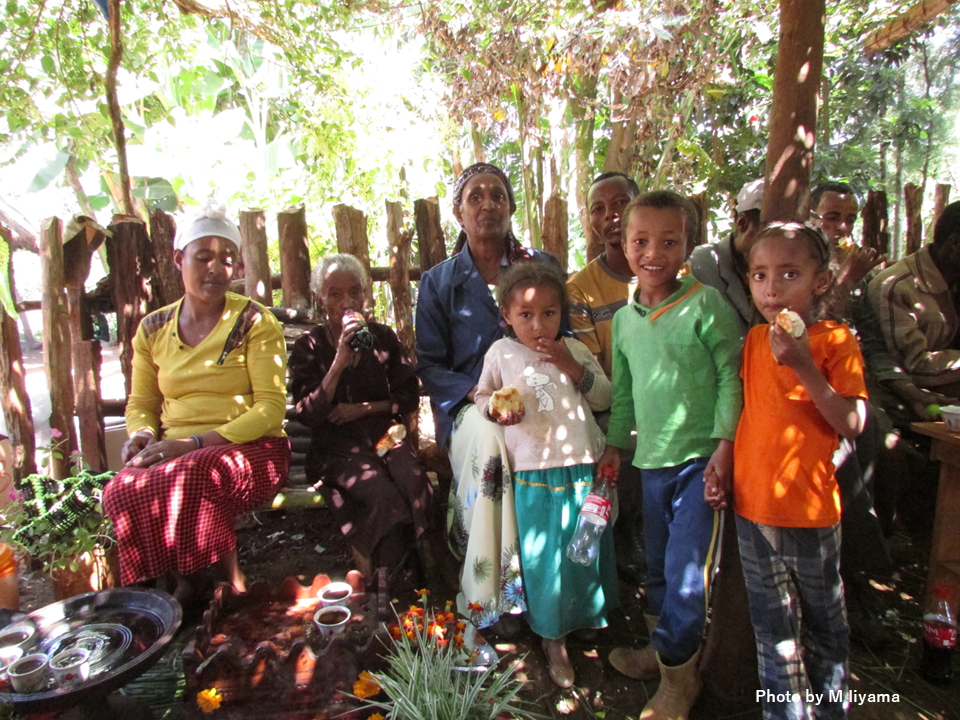Pick Up
1053. Recent Trends in Agrifood Systems Research

1053. Recent Trends in Agrifood Systems Research
In an era of changes and uncertainties amid global climate change and environmental crises, science-based solutions are needed more than ever. In particular, climate change and political instability have increased the vulnerability of farmers and rural communities, and scientific knowledge is needed to derive policies to ensure access to nutritious food. Against this backdrop, research on agri-food systems has increased dramatically in recent years, but are there any issues that have been left behind?
A recently published report used artificial intelligence (AI) to analyze global trends in agrifood systems research over the past 13 years. The report provides an overview of research trends across more than 6 million scientific papers and reports, showing that despite a 60% increase in research on agri-food systems over the past 13 years, research in poor, hungry, and most vulnerable countries is extremely scarce.
A search across 35,000 journals found fewer than 1,000 papers covering some countries. Studies involving a variety of stakeholders, such as small- and medium-sized enterprises and smallholder farmers, accounted for only 8% of global agrifood system studies.
There was also a difference in the themes that were dealt with urgency. Despite the importance of nutrition issues to any society, only 6% of studies included vulnerable groups, especially children and mothers. Compared to the literature on staple crops, there tended to be much less research on topics that are essential for improving dietary habits and use, such as fruits, vegetables, and legumes. As a theme related to inclusivity and gender disparity, such as women's empowerment, there should be more research on crops, livestock, fisheries, forestry, food processing, and storage facilities.
More research is also needed on environmental sustainability and climate change adaptation. In some cases, the studies did not collect data on indicators related to environmental sustainability, such as water use, water quality, and soil health, or did not have access to measurement techniques. Despite its importance in agri-food systems, research in fisheries, livestock, and forestry has tended to be less important than crop research.
The report emphasized the need for a systemic approach to countering these trends and the need to confront entrenched dynamics in science and policy, including publication and funding priorities.
Reference
Jaron Porciello et al, The State of the Field for Research on Agrifood Systems (2024).
https://www.cabidigitallibrary.org/doi/10.1079/junoreports.2024.0001
Contributor: IIYAMA Miyuki, Information Program
